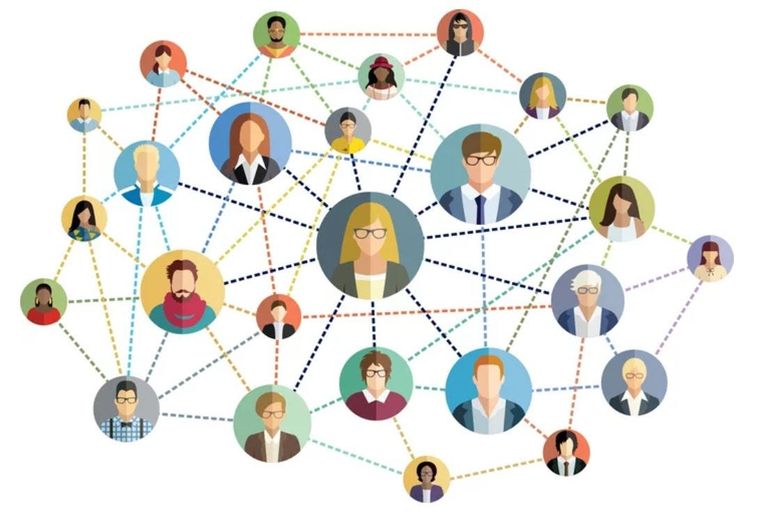
I read it on Facebook, on Twitter, etc. I heard it on TV (obviously the predominant groups like Clarín in Argentina, El País in Spain, Le Monde in France, Italia 1 or Canal 5, the Berlusconi groups in Italy, O Globo in Brazil, and I won't go on because the list would be endless).
Almost all of them are groups that use information for well-defined political (and cultural) purposes.
We leave aside the United States because the country that has tried to show an image as a paradigm of information, with the exception of some articles in the Washington Post such as the one that gave rise to the Watergate scandal and that was immortalized in that memorable film called All the President's Men by Alan J. Pakula with Robert Redford and Dustin Hoffman, leaves a lot to be desired.
Gone are the days when people read and reasoned. People gave their opinions and argued, each with their own arguments. About politics, sports, culture, economics. Right-wing, centre-right or left-wing. But they argued with a minimum of knowledge. With their own knowledge. Maybe incomplete, yes. But their own. People listened, read the newspaper and then each person thought based on defined criteria, not always disinterested, obviously. But they THOUGHT (yes, in capital letters).
The everyday impact of social media.
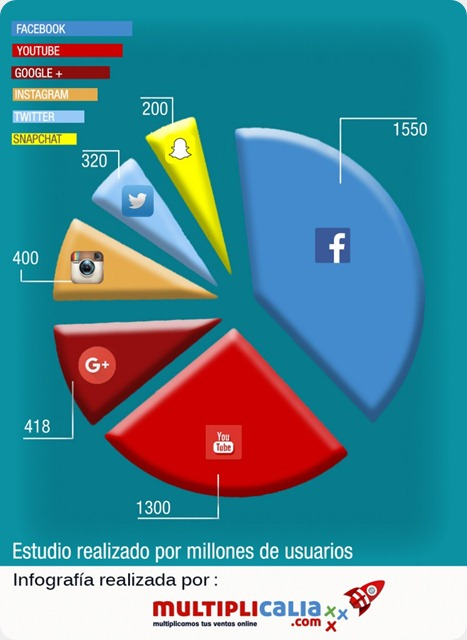
Today, TV and social networks have taken centre stage. And with it, the vulgarisation of culture in alarming terms.
On TV, documentaries and cultural information channels have given way to new realities with the Endemol brand and other similar creations.
Those were different times.
The splendid documentaries of the BBC, of RAI in Italy or those little gems proposed by Félix Rodríguez de la Fuente in Spain, which have received worldwide recognition and are broadcast in most Spanish-speaking countries, seem (and indeed are) a distant memory in time.
Mediocrity has invaded a field that could (and indeed is) a magnificent means of communication.
Mediocrity on social media.
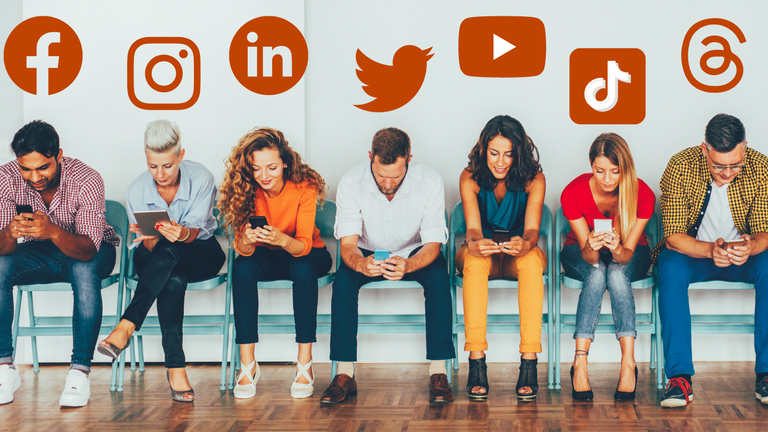
Trolls, mediocre comments, and an excessive desire to make the front page of the news are used by everyone without equal: politicians to promote their campaigns and, if possible, to denigrate their opponents, artists, sportsmen and, in general, people eager for popularity.
It would seem that the famous 5 seconds on TV have now moved to social networks.
Hatred of social networks? No. Prejudice towards social networks? Absolutely not.
Nobody is unaware of some valid projects that try to make themselves known through social networks, high-ranking musicians, valid writers, scientific-cultural research disseminated through these instruments.
The problem is that they occupy an almost insignificant minority in the Facebook-Twitter universe (perhaps the expressions are not grammatically correct) but I think they reflect the idea.
And I am referring almost exclusively to the creature that good Zuckerberg and friends have created with his colleague Twitter. Let us remember that Zuckerberg was able to avoid expulsion from the USA with great difficulty when it was discovered that he had illegally accessed (without asking permission) the profiles of many people within Harvard University.
Zuckerberg and the apology of mediocrity.
According to Wikipedia: Harvard University insisted that Zuckerberg had hacked into the university's Internet to alter images of students without permission and for his own benefit, which was false. An unauthorized biography of him suggests that Zuckerberg, feeling rejected as a student, made public the complete list of images of his female students, which he extracted from the Student Directory.
Zuckerberg stated that he thought the information should be free and open to the public. The actions taken by Harvard's Board of Trustees in this matter were not made public. In 2004 Zuckerberg created Facebook and took a year off from college, until he dropped out a year later.
Perhaps the true leitmotif of social media today lies in Zuckerberg's own statements.
Facebook, the new gospel.
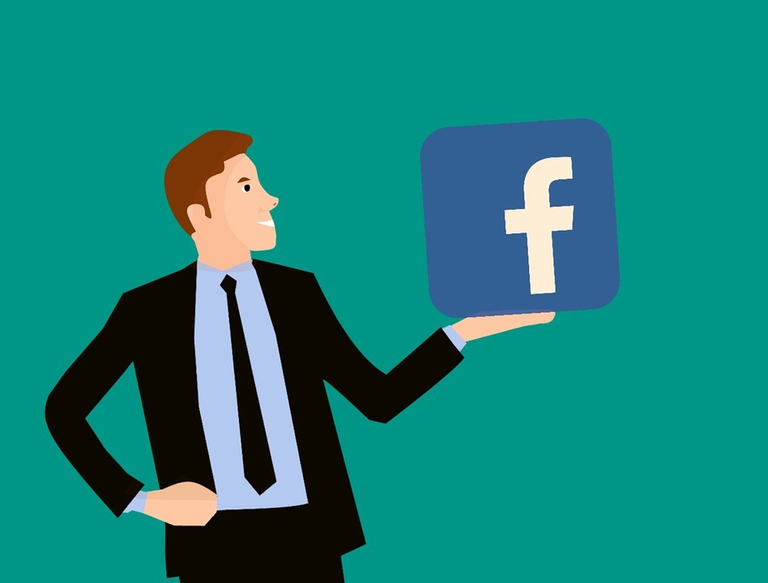
As Multiplicalia explains in the infographic published at the beginning of this article, Facebook is the most used social network today and has 1.55 billion users worldwide.
Some good alternatives are represented by some YouTube videos and images on Pinterest and Instagram (especially the latter, which seems to have been chosen as the repository of many professional works in recent months: photographers, tattoo artists, various designers).
I hope you liked this post. If you have any questions, queries or would like to add to this post, please feel free to write in the comments section. You can also visit Facebook, Twitter, Google +, Linkedin, Instagram, Pinterest and Feedly where you will find additional information to this blog. SHARE ON!

Lo leì en Facebook, en Twitter, etc. Lo escuchè en la TV tal (obviamente los grupos predominantes como Clarín en Argentina, El Paìs en España, Le Monde en Francia, Italia 1 o Canal 5 los grupos de Berlusconi en Italia, O Globo en Brasil y no sigo porque la lista sería infinita).
Casi todos grupos que usan la información con fines polìticos (y culturales) bien definidos.
Dejamos de lado EE UU porque el país que ha tratado de mostrar una imagen como paradigma de la información a excepción de algunos artìculos del Washington Post como aquèl que dió origen al escándalo del Watergate y que fuera inmortalizado en aquel film memorable llamado Todos los hombres del Presidente de Alan J. Pakula con Robert Redford y Dustin Hoffman, deja bastante que desear.
Lejos han quedado los tiempos en que se leìa y se razonaba. Se opinaba y se discutìa cada uno con sus argumentos. De política, de deportes, de cultura, de economìa. De derecha, del centro o de izquierda. Pero se dicutìa con un mínimo de conocimientos. Con conocimientos propios. Tal vez incompletos, sì. Pero propios. Se escuchaba, se leìa el diario y después cada uno pensaba en base a criterios definidos, no siempre desinteresados, obviamente. Pero PENSABA (sì con mayúsculas).
El impacto cotidiano de las redes sociales.
Hoy en dìa la TV y las redes sociales han ocupado en centro de la escena. Y con ello la vulgarización de la cultura en tèrminos alarmantes.
En la TV los documentales y canales de información cultural han dejado el paso a nuevas realidades con la marca de Endemol y otros engendros similares.
Aquellos eran otros tiempos.
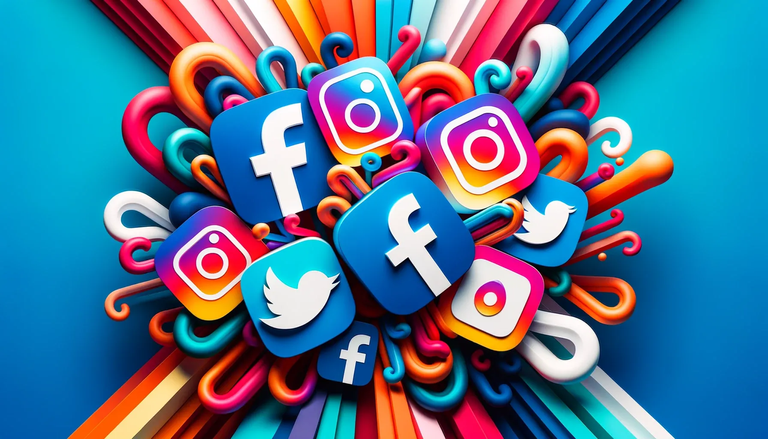
Los espléndidos documentales de la BBC, de la RAI en Italia o aquellas joyitas que proponía Félix Rodríguez de la Fuente en España con reconocimientos a nivel mundial y retransmitidas en la mayoría de los países de habla hispana parecen (y en efecto lo son) un recuerdo lejano en el tiempo.
La mediocridad ha invadido un campo que podía (y en efecto lo es) un magnífico medio de comunicación.
La mediocridad en las redes sociales.
Trolls, comentarios mediocres, ansias desmedidas por llegar a la portada de las noticias son usados por todos sin igual: polìticos para promocionar sus campañas y, si es posible, denostar al adversario, artistas, deportistas y en generalidad personas ansiosas popularidad.
Parecerìa ser que lso famosos 5 segundos en TV ahora se hubieran trasladado a las Redes Sociales.
Odio hacia las redes sociales? No. Prejuicio hacia las Redes Sociales? Absolutamente No.
Nadie desconoce algunos proyectos válidos que tratan de hacerse conocer a través de la redes sociales, músicos de jerarquía, escritores válidos, investigaciones científico-culturales difundidas a travès de estos instrumentos.
El problema es que ocupan una minoría casi insignificante en el universo Facebookiano-Twitteano (tal vez las expresiones no sean gramaticalmente correctas) pero creo que reflejan la idea.
Y me refiero casi exclusivamente a la criatura que el buen Zuckerberg y amigos han creado y a su colega Twitter. Recordemos que Zuckerberg pudo evitar a duras penas la expulsión de los EE UU cuando se descubrió que había accedido ilegalmente (sin pedir permiso) al perfil de muchas personas al interno de la Universidad de Harvard.
Zuckerberg y la apologia de la mediocridad.
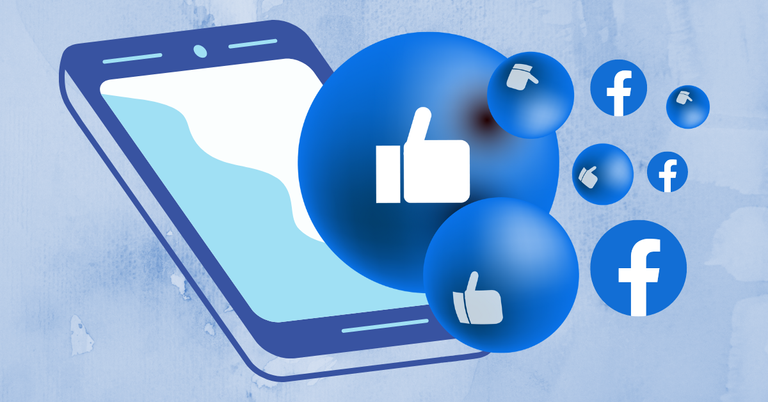
Según la misma Wikipedia: La Universidad de Harvard insistió en que Zuckerberg había hackeado el internet de la universidad para alterar imágenes de los estudiantes sin autorización y para su propio beneficio, algo que era falso. En una biografía no autorizada sobre él, se sugiere que Zuckerberg, al sentirse rechazado como estudiante, hizo pública la lista completa de las imágenes de sus compañeras universitarias, las cuales extrajo del Directorio de estudiantes.
Zuckerberg declaró que pensaba que la información debía ser libre y abierta al público. Las acciones tomadas por el Consejo Administrativo de Harvard en este asunto no se hicieron públicas. En 2004 Zuckerberg creó Facebook y se ausentó un año de la Universidad, hasta que un año después abandonó la carrera.
Tal vez en las declaraciones del proprio Zuckerberg estè el verdadero leitmotiv de las redes sociales en la actualidad.
Facebook, el nuevo evangelio.
Como lo explica Multiplicalia en la infografía publicada al inicio de este artículo Facebook es la red social más utilizada actualmente y cuenta con 1.550 millones de usuarios en todo el mundo.
Algunas buenas alternativas son representadas por algunos videos de YouTube e imágenes en Pinterest e Instagram (especialmente esta última que parece haber sido elegida como depositaria de muchos trabajos profesionales en los últimos meses: fotógrafos, tattoo, designer varios).
Source images / Fuente imágenes: El Mundo de Skizzo.
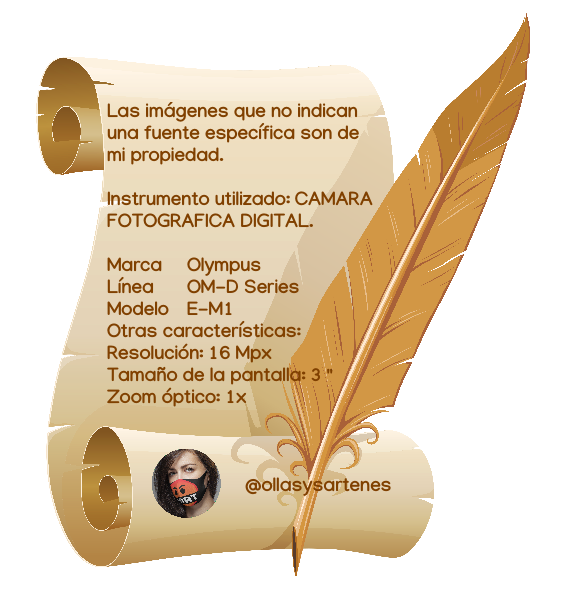

El presente artículo puede haber sido publicado parcial o totalmente en algunos de mis blogs.
This article may have been published in part or in full on one of my blogs.
Mis Blogs y Sitios Web / My Blogs & Websites:
- La Cucina di Susana.
- Cucinando con Susana
- El Mundo de los Postres
- Crónicas de Un Mundo en Conflicto.
